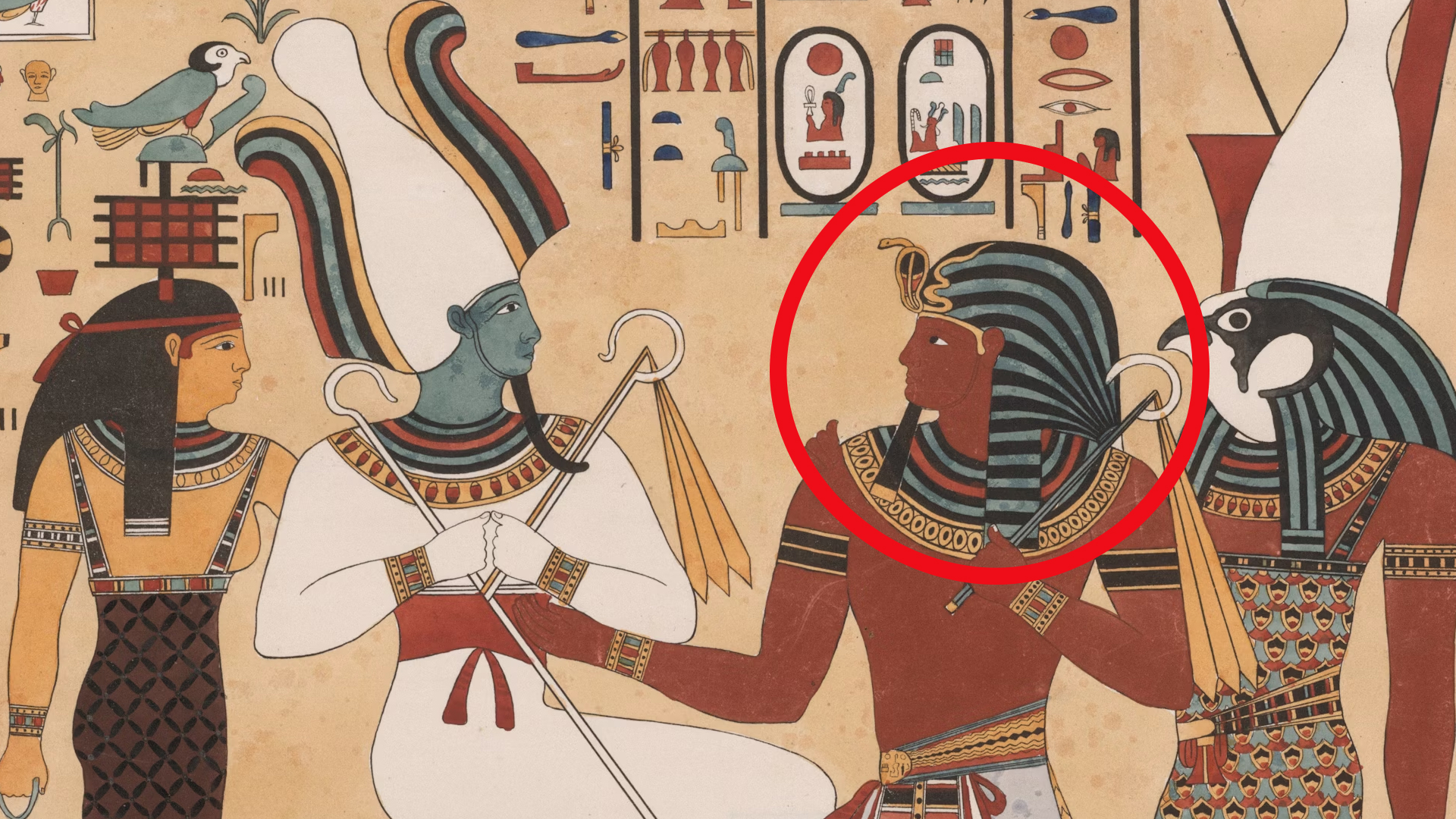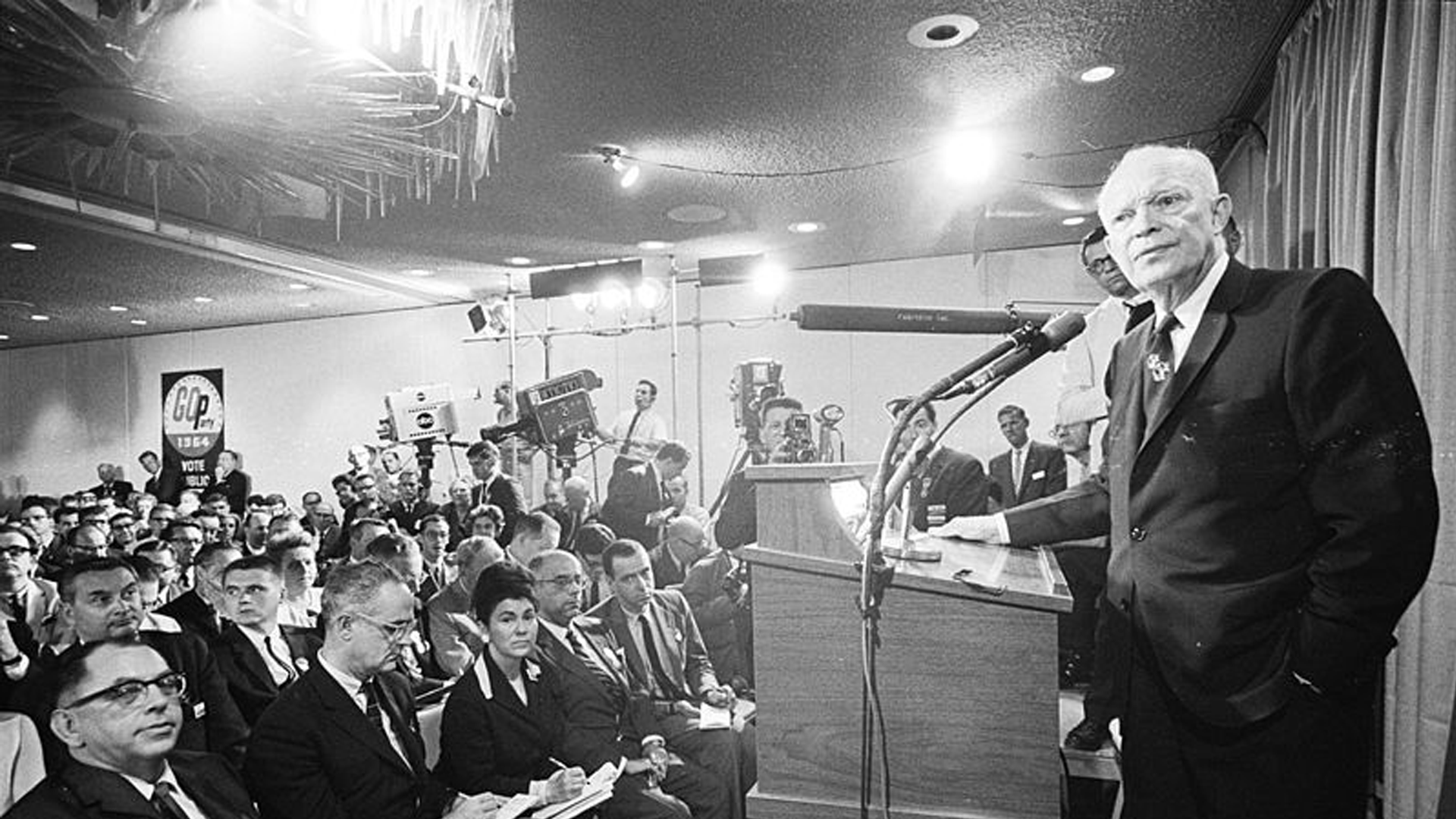Overlooked Gold
Innovation disguises itself remarkably well. Decision-makers have repeatedly passed on concepts that seemed pointless but became essential. The gap between "this will never work" and "how did we live without this" can be surprisingly narrow. So, here are 20 such ideas that eventually became indelible.
1. Apple Computers
At HP, Steve Wozniak completed the basic design for what would become the Apple I computer. He offered this to HP on five separate occasions, but the company rejected his proposal. It was then Steve Jobs who encouraged him to start a business together to sell the computer.
2. Online Banking
Though now ubiquitous and essential, online banking faced significant skepticism in its early years. When home banking services were first introduced in the 1980s, through partnerships like United American Bank's with Radio Shack for the TRS-80 computer, they were seen as experimental.
3. Xerox Photocopying
Sleeping in laboratories, Chester Carlson perfected his dry-copying process over decades. Over 20 major corporations, including IBM and Kodak, dismissed xerography technology. They couldn't envision markets for instant document reproduction. Well, 22 years of persistence finally paid off when Haloid Corporation licensed Carlson's invention.
 History of Xerox Copiers | The Henry Ford’s Innovation Nation by The Henry Ford
History of Xerox Copiers | The Henry Ford’s Innovation Nation by The Henry Ford
4. Telephone
"Mr. Watson, come here!" were Alexander Graham Bell's first words through his revolutionary device in 1876. Western Union's president initially pushed aside the telephone as merely an "electrical toy" with too many shortcomings for serious communication. Bell had even offered his patent for $100,000.
 Unknown authorUnknown author; film commissioned by AT&T. on Wikimedia
Unknown authorUnknown author; film commissioned by AT&T. on Wikimedia
5. Dropbox
It is said that Drew Houston faced numerous refusals when pitching Dropbox to investors, with common responses being “This isn't a very good business.” However, when he later gave a demo in Silicon Valley, an angel investor introduced them to Sequoia Capital, which invested within days.
 Drew Houston: Meet the new Dropbox | Dropbox Keynotes | Dropbox by Dropbox
Drew Houston: Meet the new Dropbox | Dropbox Keynotes | Dropbox by Dropbox
6. Netflix
A $40 delayed fee for returning Apollo 13 six weeks overdue sparked Reed Hastings' Netflix concept. Blockbuster CEO John Antioco literally laughed Netflix executives out of their 2000 meeting when given a $50 million buyout. Physical store browsing appeared destined for niche market failure.
7. Post-it Notes
Accidentally creating weak adhesive while attempting super-strong glue, Spencer Silver's 1968 discovery sat ignored for six years. Art Fry gradually found purpose using it for church hymnal bookmarks at 3 M. Starting test markets failed completely until free samples proved that hands-on experience was essential.
8. Internet
"What is it good for?" asked Robert Metcalfe, Ethernet inventor, about the internet in 1995. Major telecommunications companies brushed aside interconnected computer networks as academic curiosities with zero commercial value. As per reports, the current global internet economy exceeds $4 trillion annually.
9. Light Bulb
Gas company executives funded negative press campaigns, claiming electric illumination would poison the air and cause blindness. Besides, British Parliament member Henry Morton declared Edison's concepts "conspicuous failures, utterly impractical." Over 10,000 experiments later, Edison's incandescent bulb has changed human civilization permanently.
 HumanisticRationale at English Wikipedia on Wikimedia
HumanisticRationale at English Wikipedia on Wikimedia
10. Impressionist Painting
Repeated rejections from the Paris Salon forced Monet, Renoir, and Pissarro into independent 1874 exhibitions. One critic even sarcastically coined "Impressionism" after Monet's “Impression, Sunrise.” However, these once-ridiculed artistic revolutionaries now command the highest auction prices, validating their groundbreaking techniques.
11. Television
Radio executives found television as an expensive novelty entertainment during the 1920s, predicting families would never abandon audio broadcasting. "People will soon get tired of staring at a plywood box," declared 20th Century Fox's Darryl Zanuck. Unfortunately, early demonstrations couldn’t convince investors about visual media's commercial value.
 Unknown authorUnknown author on Wikimedia
Unknown authorUnknown author on Wikimedia
12. Email
Corporate communication seemed perfectly efficient through memos and phone calls when Ray Tomlinson invented email. Business leaders questioned why anyone needed instant written messages between computers. IBM also saw no applications for electronic mail systems, missing one of history's greatest productivity revolutions.
 Andreu Veà, WiWiW.org on Wikimedia
Andreu Veà, WiWiW.org on Wikimedia
13. Airplane
"Heavier-than-air flying machines are impossible," stated famous physicist Lord Kelvin in 1895. The Wright brothers faced scientific community ridicule when announcing their flight plans at Kitty Hawk. Newspapers refused to cover their historic 1903 achievement for years, banishing eyewitness accounts as publicity stunts.
14. Google
Apparently, Yahoo executives rejected purchasing Google for $1 million in 1997, believing search engines held limited profit scope. Excite's CEO also passed on acquiring Google's superior PageRank algorithm technology. Internet companies assumed directory-based browsing would always dominate web navigation, misunderstanding how people would access information online.
15. Electric Cars
Gasoline engines had seemingly conquered transportation markets when Tesla launched in 2003 under Elon Musk's leadership. Automotive industry veterans mocked electric vehicles as expensive toys for environmental extremists with limited driving range. The Detroit establishment couldn't imagine consumers ditching century-old combustion technology for battery-powered alternatives.
 Maurizio Pesce from Milan, Italia on Wikimedia
Maurizio Pesce from Milan, Italia on Wikimedia
16. Microwave Oven
Percy Spencer accidentally discovered microwave cooking when radar equipment melted chocolate in his pocket in 1945. Raytheon initially marketed the first microwave as "Radarange" for restaurants only. Tappan then licensed the technology and tried selling a home version for $1,295, but it didn't sell well.
17. Wikipedia
Encyclopædia Britannica's experts scoffed at crowd-sourced knowledge compilation when Jimmy Wales introduced Wikipedia in 2001. Academic institutions banned Wikipedia citations, claiming anonymous contributors couldn't match professional editors' expertise. Traditional publishers dismissed collaborative editing as a recipe for misinformation, underestimating collective intelligence.
 Harleen Quinzellová on Wikimedia
Harleen Quinzellová on Wikimedia
18. Starbucks
242 investors couldn't understand Americans paying premium prices for coffee. Starbucks founders initially dismissed Schultz's idea, preferring their coffee bean retail business model. The notion of creating "third place" social spaces through premium coffee seemed completely foreign to the indifferent US business culture.
19. Federal Express
Fred Smith's overnight delivery concept earned a C grade from his Yale business professor, who called it unfeasible. Several established shipping companies, such as UPS, considered overnight delivery as an unnecessary luxury service with insufficient demand. The professor couldn't envision the need for time-sensitive document delivery.
 Tomás Del Coro from Las Vegas, Nevada, USA on Wikimedia
Tomás Del Coro from Las Vegas, Nevada, USA on Wikimedia
20. YouTube
Bandwidth costs felt prohibitively expensive when Chad Hurley, Steve Chen, and Jawed Karim pitched their video-sharing concept in 2005. Venture capitalists rejected YouTube's funding requests, arguing that user-generated content lacked viable business models. As of 2024, the platform has generated $36.1 billion in revenue.
KEEP ON READING

The Mysterious "Sea People" Who Collapsed Civilization
3,200 years ago, Bronze Age civilization in the Mediterranean suddenly…
By Robbie Woods Mar 18, 2025
The Turning Point: 20 Facts About The Battle of Normandy
Normandy Changed The Game. The Battle of Normandy marked a…
By Chase Wexler Jun 4, 2025
20 Important Names From World War II You Should Know
Key Players From World War II (For Good or Bad).…
By Cathy Liu Nov 7, 2024
The Musical Prodigy: 10 Fascinating Facts About Mozart & 10…
Secrets Behind the Symphony. Wolfgang Amadeus Mozart remains one of…
By Chase Wexler May 5, 2025
20 Ancient Architectural Wonders That Will Boggle Your Mind
Ancient Marvels That Have Withstood the Test of Time. From…
By Christy Chan Feb 12, 2025
Everything You Need To Know About The Korean War
It Shaped More Than Just A Country. The Korean War…
By Emilie Richardson-Dupuis Nov 8, 2024












